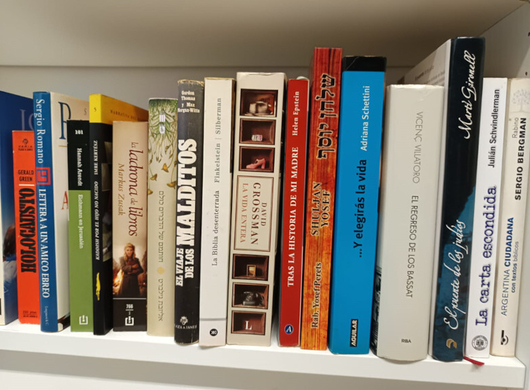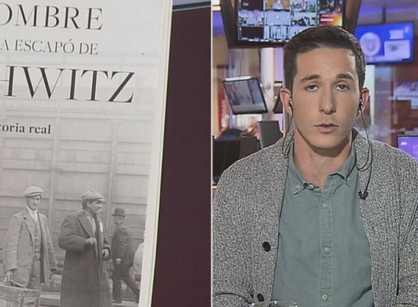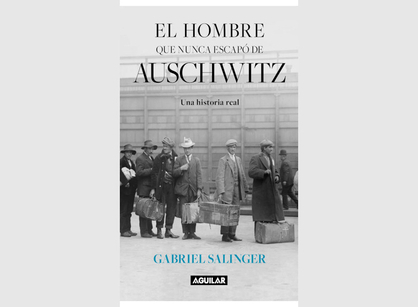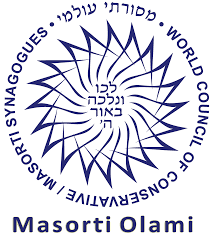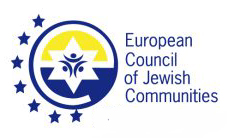Presentation of the Book 'El regreso de los Bassat'
‘EL RETORN DELS BASSATS’, presentation in the Jewish Community of Barcelona.
In a joint event organized by ATID the CIB and Baruch Spinoza Foundation, on Tuesday January 10th at 8 o´clock in the evening, about 50 people met in the Jewish community building to hear at first hand the details and interweaving of the publication of a necessary and highly expected book in our society. A book that, in the words of its writer, tells us a story that he first heard on board of a Golondrina Boat during a wedding celebration in Barcelona port. The book talks about one of the most reputed publicists in the world and not only an important member of our community but of the first Jewish family to reestablish in our city after the expulsion of Jews in 1492. He is Lluís Bassat.
The relaxed event, presented by Uri Benguigi and David Aliaga, was also attended by the author Vicenç Villatoro and by Lluís Bassat himself. Both turned the space and time into a kind of “tête à tête" that they shared with the assistants, in order to present a book that reminds and explains a story, similar to so many other “ Garden” or “gardens” that something horrible and well known dissipated them and made them disappear. A return journey of a Sefaradi family to Sefarad that transports us to an already disappeared world that strongly shined in every corner of the Mediterranean. Written with a dosis of brightness, it includes memories, happiness and tragedy. A story that is a part of Europe and the society to which we belong. A return journey that not only centers the story on the trips of the Bassats and the Cohens before settling in the city of Barcelona but also gives us a deep look into the most dramatic moment of the family: The Holocaust.
Its 600 pages also narrate the difficulties and the inventive decisions taken by the family to elude the repression of Franco’s dictatorship. There are also many anecdotes and realities, so much alike many Sefaradi families that are a good example of a whole generation of men and women that, despite of belonging to a transversal and “transnational” group such as the Sefaradi, were notorious for having a progressive and a humanistic vision of the world in which they lived and wanted to live in. They contributed to it with their culture, ideas, progress… and their own language: the Ladino, their common language, that they decided to preserve, was, without doubt, their major link of union during centuries.
Identity, memory and Ladino, ‘El Retorn dels Bassat’ probably describes best that “Garden” and best tells the story of the Sefaradi Jews assimilation. A highly-recommended reading to understand, from a different perspective, the Jews that are part of the Catalan society, who are they and where do they come from.
Gabriel Pessah.
@LlemetC
(Special thanks to Sonia Bassat for the photograh)




